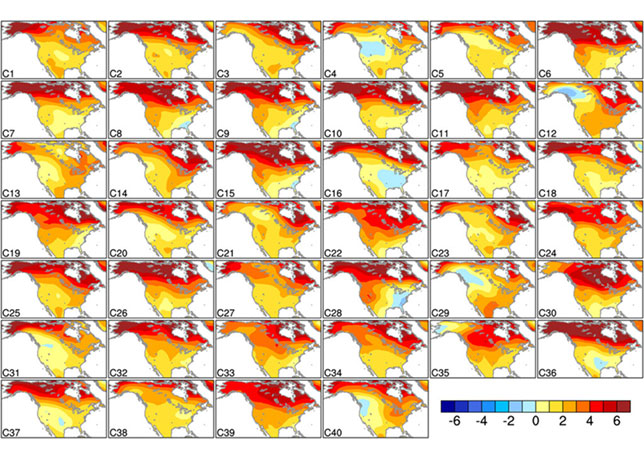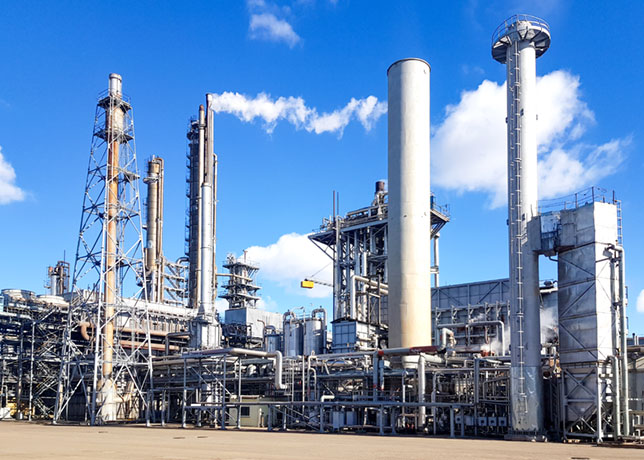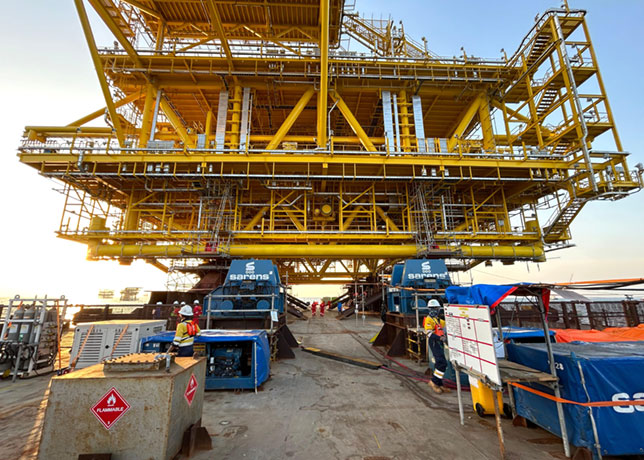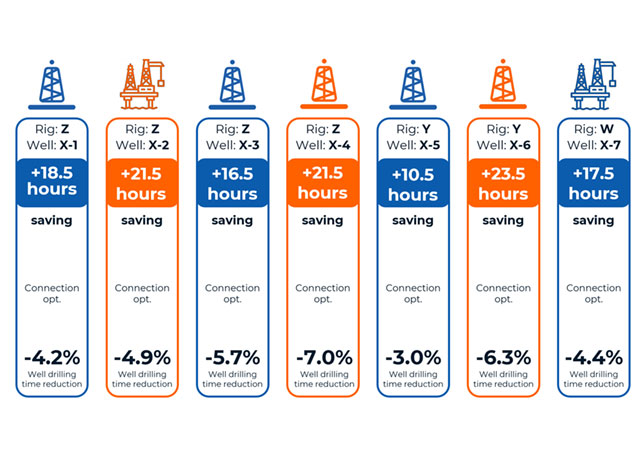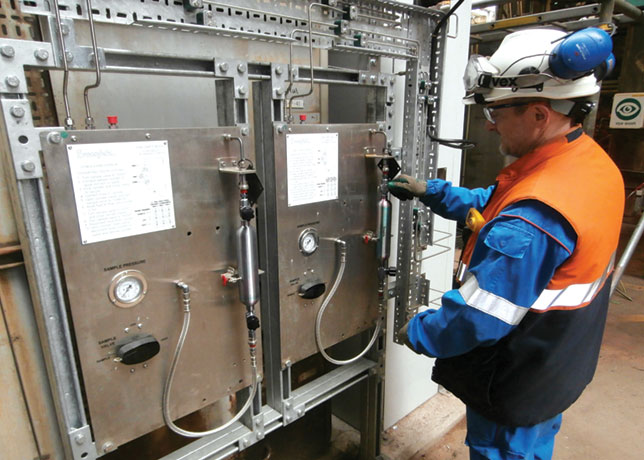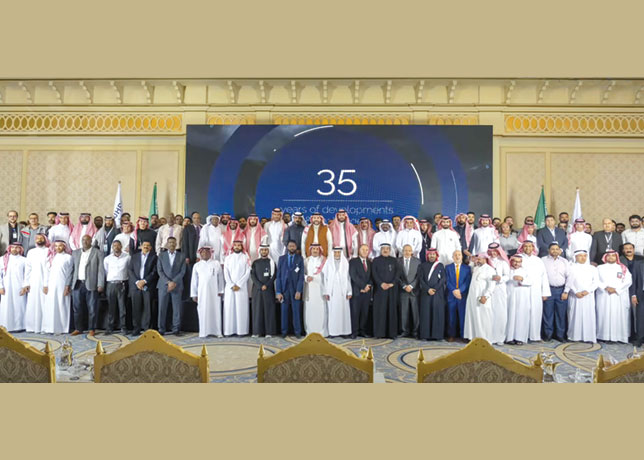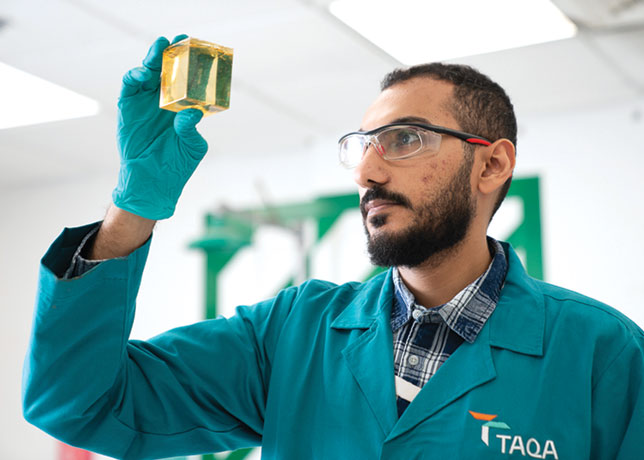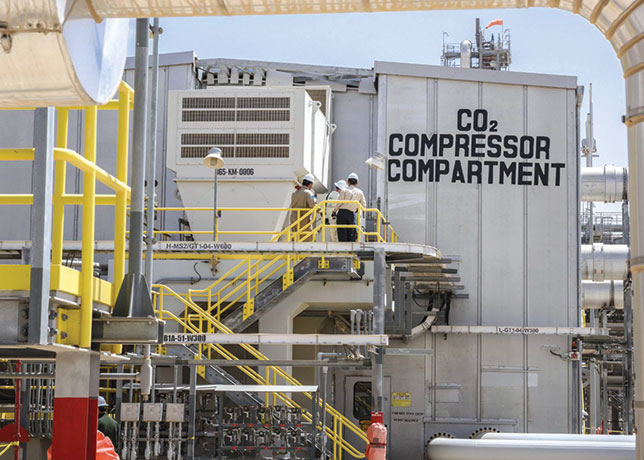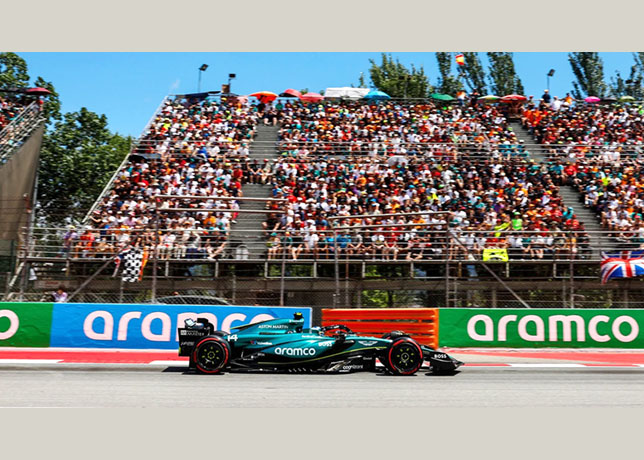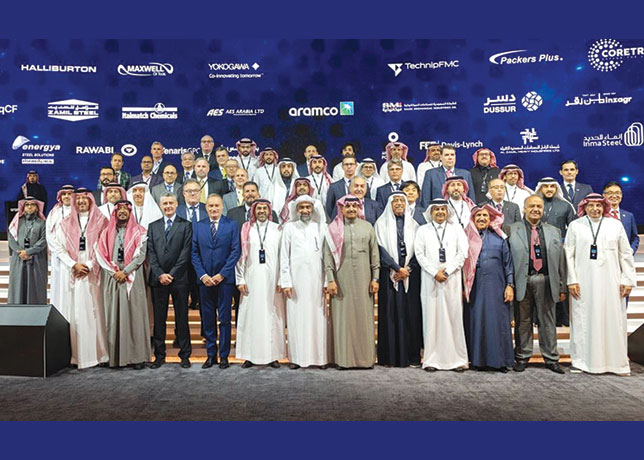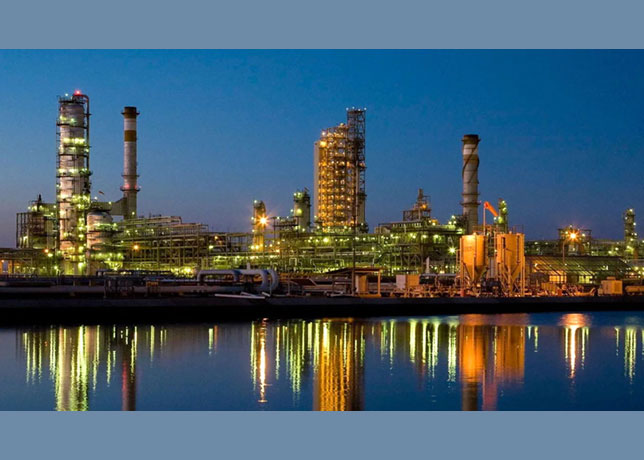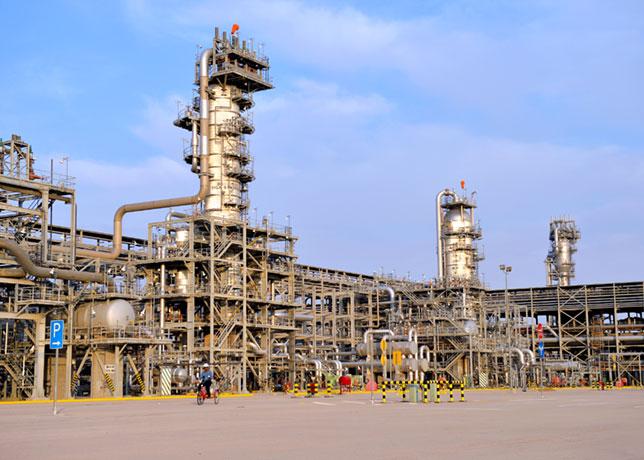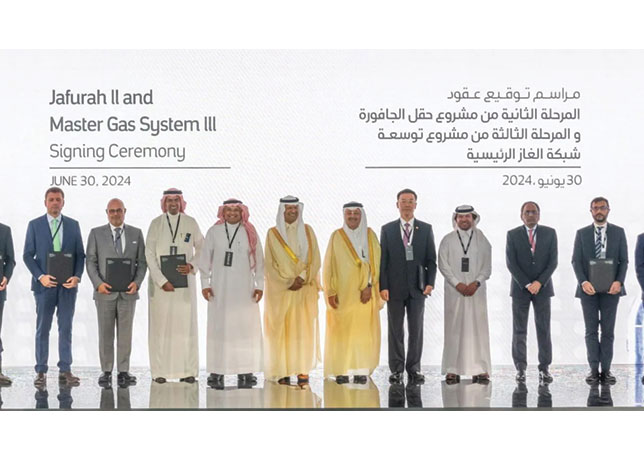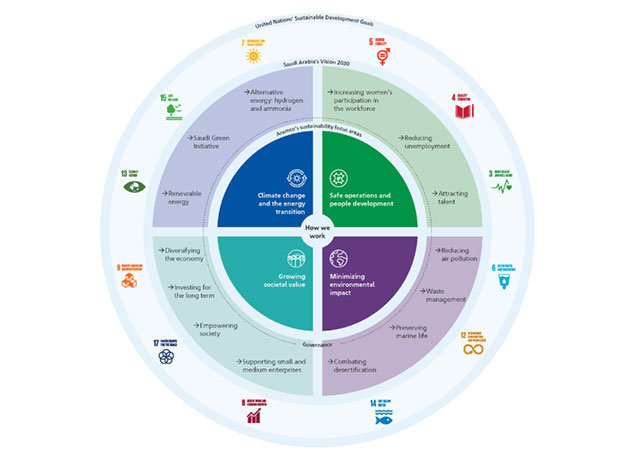
 Anshul Singh ... building a circular economy for plastics is crucial
Anshul Singh ... building a circular economy for plastics is crucial
The global recycled plastics market has surged to $69.4 billion, driven by rising environmental awareness, advanced technologies, and regulatory support, despite challenges in quality and contamination, Anshul Singh, tells OGN
The global market for recycled plastics is experiencing rapid growth, driven by increasing environmental awareness, regulatory pressures, and shifting consumer preferences toward sustainable solutions.
This promising sector addresses the pressing issue of plastic waste and shows significant environmental and economic opportunities.
"Currently, the global plastic recycling rate is less than 20 per cent. Numerous regulations and recycling activities have been revolving around polyethylene terephthalate (PET), polyvinyl chloride (PVC), high-density polyethylene (HDPE), and low-density polyethylene (LDPE)," says Anshul Singh, Engagement Manager, Markets and Markets, an intelligence and market research platform.
These four plastics together constitute 55 per cent to 60 per cent of the global recycled plastics market demand, with the main end-users being packaging, building and construction, consumer products, etc.
 |
The global state of recycle plastics |
The demand for recycled plastics is propelled by several key factors, such as increased environmental concerns and regulations aimed at reducing plastic waste.
Industries are prompted to adopt more sustainable practices, and consumers, increasingly mindful of the environmental impact, are favouring products made from recycled materials.
This shift in consumer behaviour is encouraging companies across various industries to integrate recycled plastics into their supply chains.
Advancements in recycling technologies, such as hybrid recycling technology, AI, and blockchain, use IOTs and digital product passports, which are enhancing the quality and availability of recycled plastics.
Innovations such as improved sorting techniques, chemical recycling processes, and the development of high-performance recycled materials are expanding the application possibilities for recycled plastics.
These technological advancements are also driving down costs, making recycled plastics more competitive with virgin materials.
CHALLENGES
Despite its growth, the recycled plastics market faces several challenges. One major issue is contamination due to mixing non-recyclable items or impurities with recyclable materials.
 |
global plastic recycling rate is less than 20 per cent |
Quality degradation due to repeated recycling cycles can also decrease material quality. The complexity and difficulties of efficiently sorting various materials for recycling also pose challenges in the market.
OPPORTUNITIES & MARKET TRENDS
The global recycled plastics market was valued at $69.4 billion in 2023. The market presents abundant opportunities for growth and innovation.
Shifts toward the circular economy, growing investment in collection and sorting infrastructure, and a shift toward 100 per cent recycled packaging are creating significant opportunities.
Increased usage of recycled plastics in various end-use industries, such as textiles, automotive, and consumer product industries, are also creating significant opportunities.
Manufacturers are increasingly investing in research and development to improve recycling technologies and develop new applications for recycled plastics.
Governments and regulatory bodies are implementing policies to promote recycling and incentivise the use of recycled materials, such as bans, taxes, penalties, and restrictions to prohibit the use of single-use plastic.
Economic instruments in the form of taxes, fees, subsidies, and fiscal incentives have impacted plastic usage and behavior patterns across the value chain in various countries.
These policies include prohibiting single-use plastic products via manufacturing, distribution, supply, imports, and end use, which drives the demand for recycled plastics and encourages investment in recycling infrastructure.
India’s regulatory framework for plastic waste management and recycling is evolving, with a strong emphasis on reducing plastic pollution and promoting sustainable practices.
The primary regulatory framework includes the Plastic Waste Management (PWM) Rules, along with various amendments and guidelines issued by different authorities, such as Extended Producer Responsibility (EPR), ban on certain plastic products, waste segregation and processing, phasing out of multi-layered plastics, incentives, and penalties.
India presents a significant opportunity for the recycled plastics market due to its massive plastic waste generation and increasing environmental concerns.
The current recycling rate is approximately 10 per cent in India. Nationwide investment in improving recycling infrastructure and government boosts provide the required momentum for the Indian recycled plastics market.
By 2035, the government of India is trying to achieve a plastic recycling rate of more than 60 per cent.
This is a very positive sign that will drive investment in the country and will create a space for new startups and SMEs to create a functional ecosystem for recycled plastics.
ENVIRONMENTAL IMPACT & SUSTAINABILITY
From an environmental perspective, recycled plastics offer significant benefits. By diverting plastic waste from landfills and oceans, recycling helps reduce pollution and conserve natural resources.
It also reduces the carbon footprint associated with plastic production compared to using virgin materials. As the demand for sustainable products continues to rise, recycled plastics play a crucial role in achieving circular economy goals and mitigating climate change.
CONCLUSION
The recycled plastics market is poised for continued growth and innovation as businesses, consumers, and governments prioritise sustainability. The market represents a significant step toward a more sustainable future.
While challenges remain, continued innovation and focus on building a circular economy for plastics are crucial.
The sector addresses the pressing issue of plastic waste, presents economic opportunities, and supports environmental stewardship.
As stakeholders collaborate to overcome challenges and capitalise on emerging trends, the recycled plastics market is expected to play a pivotal role in shaping a more sustainable future.
By Abdulaziz Khattak









































































